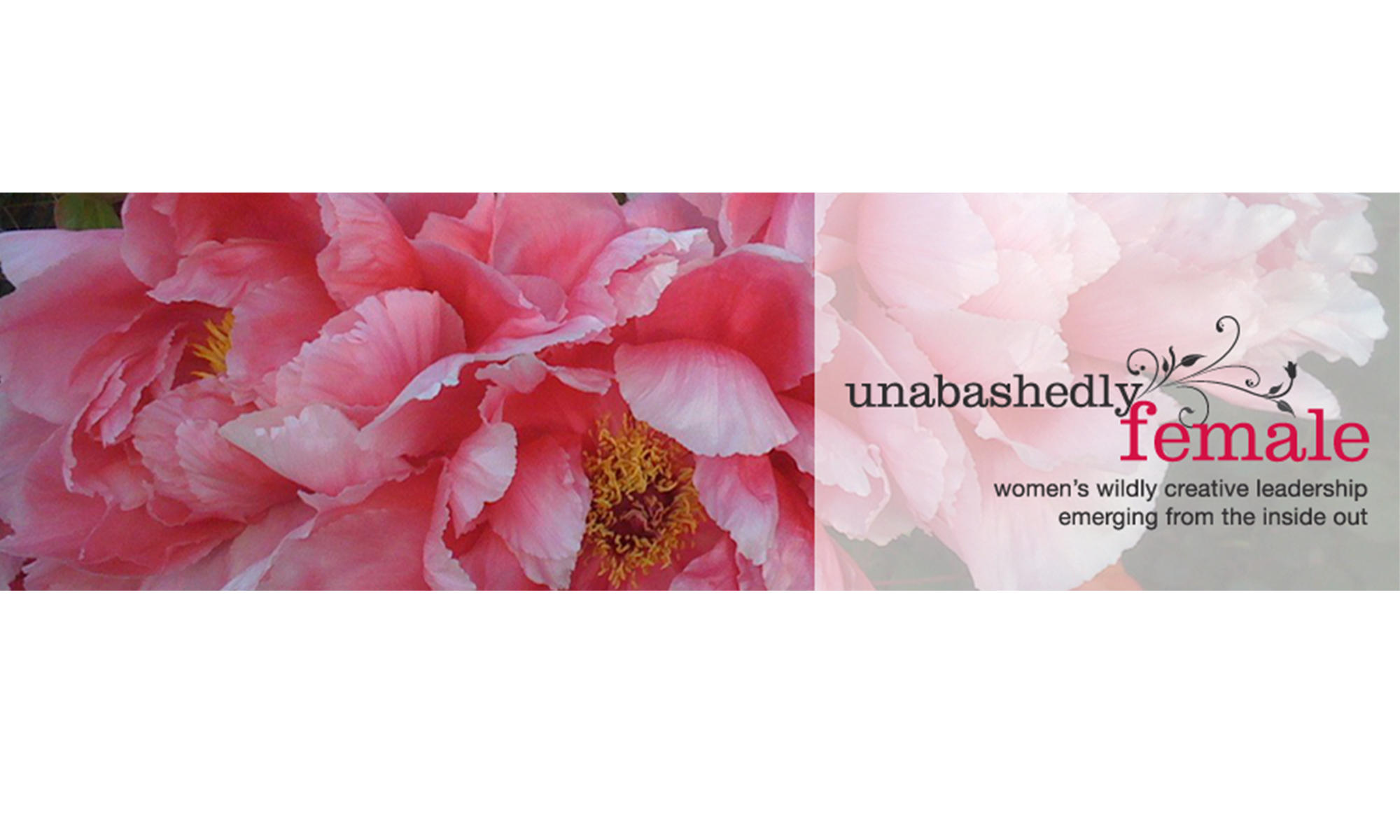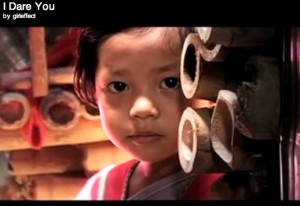On Belonging.
I’ve been immersed in this topic since last Fall when I was asked to speak at TEDxIsfeld in British Columbia. For whatever reason, it seemed to keep coming up in my mind. That seems to be how creativity works. Things arise out of that big dark void from which everything emerges. For me, it was around belonging and finding a way back to being a human being connected to the land.

At the time, I wrote about becoming indigenous again, or finding my way back to reverence for the land. I’ve never shared that writing. It was writing for only my eyes. I was longing for something. Longing to feel connected, longing to be wise enough to know how to be with the land. Longing to no longer think of just me, but to begin to consider how I can serve the land.
I squirmed writing those words, “becoming indigenous again”. Sometimes words just come out and then you wonder what they’re about.
I know I am not an indigenous person and totally respect those people who are and the difficulties they face. And, I know indigenous cultures have a reverence for the land, and know a deep responsibility to it that many of us who’ve lost our bearings of belonging don’t seem to live. (I will share much of that writing in my new course:Â Belonging – 21 Days to Find Your Way Home, because it’s at the heart of what it means to be a human being.) It’s taken some time to see that what started as a seed back in the Fall has begun to blossom as new work.
And what has blossomed from that early writing is an exploration into belonging.
::
Many of us were disconnected from the land of our ancestors. We’ve lost our connection to the land in a way the indigenous cultures have not. We’ve lost our connection to the matter, to the mother.
Many of us are displaced beings. Yet, we all belong to the earth. The earth is our mother. We are her children.Â
Regardless of where we were born, regardless of where our ancestors came from, we all belong to the earth. And, I am coming to see that this is what gets us to the heart of being a human being – one who lives her humanity. Of course, I guess there are many interpretations of the nature of humanity. I know it can take dark forms…and I know we are moving to evolve toward a living of our light.
At the heart of coming to know a deeper relationship to earth is coming to know we belong.
I have come to see that one of the most important things we must do is come to remember that we belong. To ourselves, to each other, to the earth, and to all beings. Without remembering belonging, we drift aimlessly, believing someone else will take care of the very real responsibilities we have to life…and belonging helps us come to remember this forgotten imperative of relationship.
I hear from so many women that they don’t feel they belong, that they want to find the place where they feel safe and comfortable for being who they are, for living the values they hold dear.
Is this what belonging means to you? Finding a place where you are a natural part of the community, where when you are simply who you are and live what you hold dear, you feel safe and valued? Does it mean finding a place where you feel you are able to fully give of yourself, fully valued, wanted, and respected? Does it mean finally being able to be of service because you know that in relationship there is a shared give and take?
Isn’t that what any human being wants, to be valued, respected, and able to give something back, to be a part of a community?
We’ve devalued half of life’s qualities – the feminine half that exists in all of life, and we’ve devalued half of the population – women, and at the heart of it all, we’ve devalued, dominated, and controlled the material world, including the earth, animals, crops, air, water, etc. Everything that sustains us has been devalued and harmed, including the very vessels that bring human life forth – women’s bodies.
We don’t see the earth as a living being – we see her as material goods.Â
In trying to find our way back, we begin to devalue the masculine. To find fault with it. When what is true is that we are woefully out of balance.
When we look at our culture and the values that seem to be linked to it, it’s no wonder we don’t feel like we belong. Our current cultural landscape is far from balanced, far from a reflection of the beauty we hold dear as women, from the capacity we know as women to nurture life itself.
In a culture that teaches you to conform, you can lose connection to your own values and needs. You slowly forget what matters to you most, and you begin to turn your attention to what will keep you connected to the culture, to what seems as if it will bring a sense of belonging. But this is not belonging. You will never feel you belong when you can’t be who you are. Never. And, somewhere we know this.
Belonging only comes when you are yourself and awake to what is real. Belonging can only happen when you are connected to the real world, to the world that has been here all along.
Our systemic devaluation of the feminine has a direct correlation to how much we feel we belong. When we lose connection to the mother, we lose our connection to matter.
When this devaluation pervades our culture and our internal radar is pointing to this culture for a sense of home, we’ll never find home. Patriarchy causes us to feel out of place because it is out of place. Patriarchy is out of place and alignment with the earth, our home, with the feminine, and with the masculine, and place is where we find belonging.
Everything seems to be coming out of the woodwork. So much violence. So much greed. So much sadness and grief. So much. How can we find our ground, our own ground amidst all of this? How can we touch into what is real when so much destruction is swirling around us?
How can you stay with your values when it seems as if the world that has a voice is telling you they are not valuable? How can you tap into what is real and true for you, when so much around us tries to convince us of what we should believe?
Through the body.
Through the land.
Through the connection with women.
Through the real world.
Through these we find our way back to our own connection between this female body and the earth.Â
There is a ‘real world’ in which we exist. The earth and the stars, the sun and the moon, flowers and birds, animals and another’s warm hand. Nature. We are nature.
These are the elements of belonging. Knowing these in our everyday lives is what brings us back to here. And, here is the only place we can truly belong.
This is where we remember who we are, what we came into the world to do, the nature of our unique gifts, and our connection to a land that is not ours to own but rather ours to serve.
::
Please join me on April 1st: Belonging – 21 Days to Find Your Way Home. Finding our way to a true sense of belonging may be one of the most important things we can do in these times.
At this time, the course is only for women. I’ve had men ask if it would be for men, too. Perhaps after this first iteration. Let’s see what happens.

